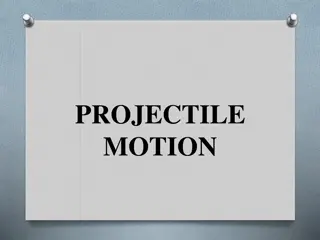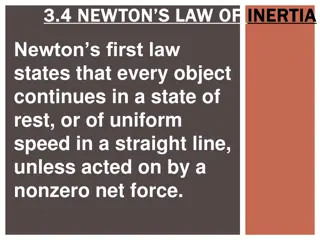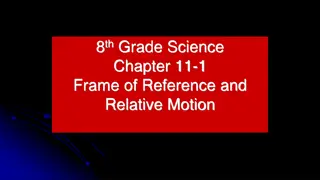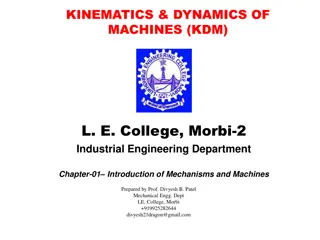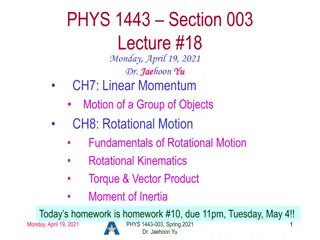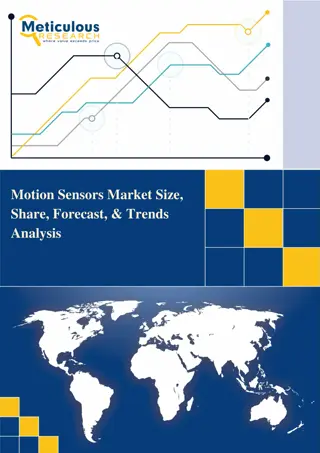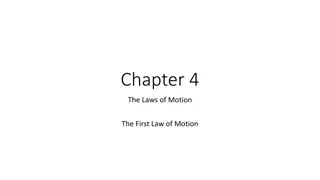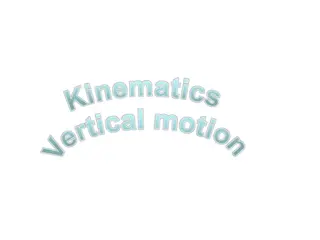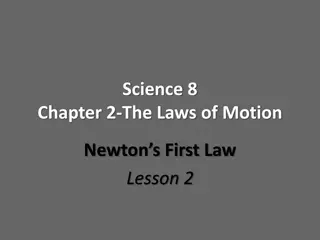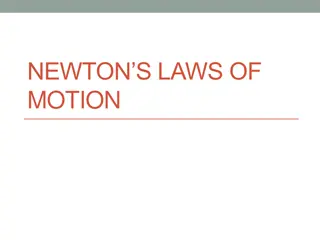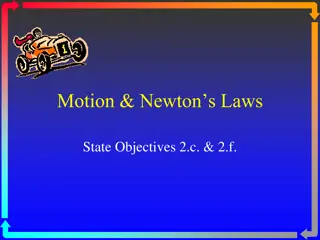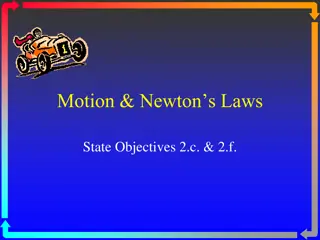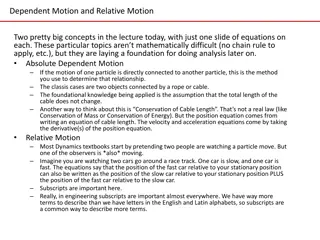
Uncovering the Fascinating Evolution of Early Cinema
Delve into the intriguing world of early cinema with a focus on Zoetropes, Mutoscopes, Thaumatropes, Camera Obscura, Magic Lanterns, and the mesmerizing concept of how movies appear to move due to persistence of vision. Explore the magic behind Critical Flicker Fusion and discover the history of film in a Crash Course. Learn about the captivating evolution of visual storytelling and filmmaking techniques that have shaped our cinematic experiences.
Download Presentation

Please find below an Image/Link to download the presentation.
The content on the website is provided AS IS for your information and personal use only. It may not be sold, licensed, or shared on other websites without obtaining consent from the author. If you encounter any issues during the download, it is possible that the publisher has removed the file from their server.
You are allowed to download the files provided on this website for personal or commercial use, subject to the condition that they are used lawfully. All files are the property of their respective owners.
The content on the website is provided AS IS for your information and personal use only. It may not be sold, licensed, or shared on other websites without obtaining consent from the author.
E N D
Presentation Transcript
mutoscope Pinwheel
How does a movie MOVE? Problem: a movie is actually a continuous series of still images For every ONE SECOND of film, there are 24 separate still images So, how does it work? Persistence of vision Human brain holds onto an image a fraction of a second longer than the eye does
How does a movie MOVE? Critical Flicker Fusion When a light flashes fast enough and continuously enough, the illusion of a continuous beam is achieved But, there are 48 pulses of light per second: Once a new image slides into place and once when it s on screen, the image actually is projected twice That s why older films were called flicks projectors, and so light continuity, were too slow, creating that flickering SEE NEXT SLIDE
Crash Course Film History https://www.youtube.com/watch?v =vsnB4iBb78o Video timings to watch: 1:17-4:17 6.41 to 8:30



